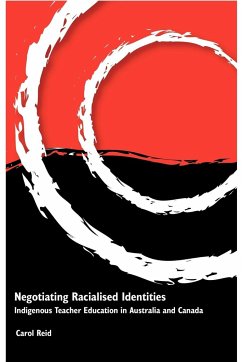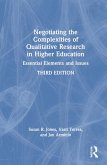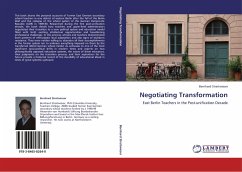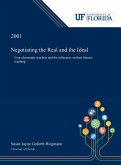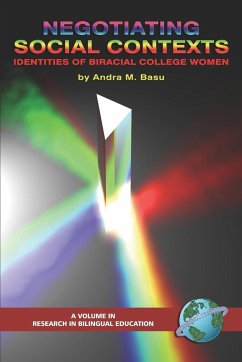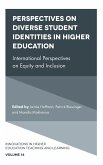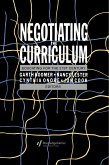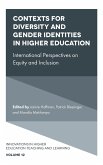Indigenous education in Australia and Canada has been a site of struggle since colonisation. At the beginning of the 21st century the struggle for equitable outcomes continues. Since the 1970's in Canada and the 1980's in Australia, Indigenous teachers have been graduating from rural and urban-based programs. The two programs for the education of Indigenous teachers which are at the heart of this book - the Aboriginal Rural Education Program (AREP) in Sydney, NSW and the Northern Teacher Education Program (NORTEP) at La Ronge, Saskatchewan - reflect the shifting struggles in the racialised field of Indigenous education. Drawing on a comparative socio-historical overview of racialisation in the Australian and Canadian contexts and interviews with staff, students and administrators in the AREP and NORTEP, Carol Reid reveals how the tensions and contradictions of Indigenous teacher education can be productive. The book identifies critical issues of education in Diasporic communities; highlights the politics of colour in higher education; signals how privilege is reproduced through education; shows how culture emerges as pathology and demonstrates the importance of creating a third space for the constant negotiation of the meaning of cultural difference in education.

